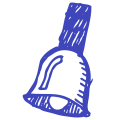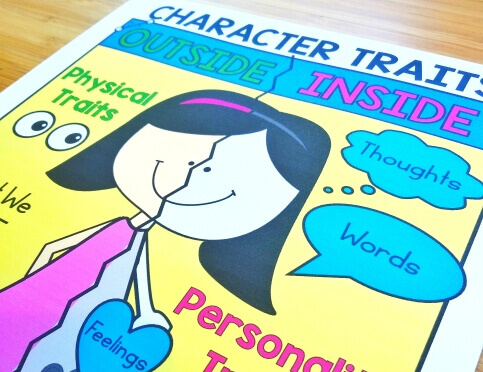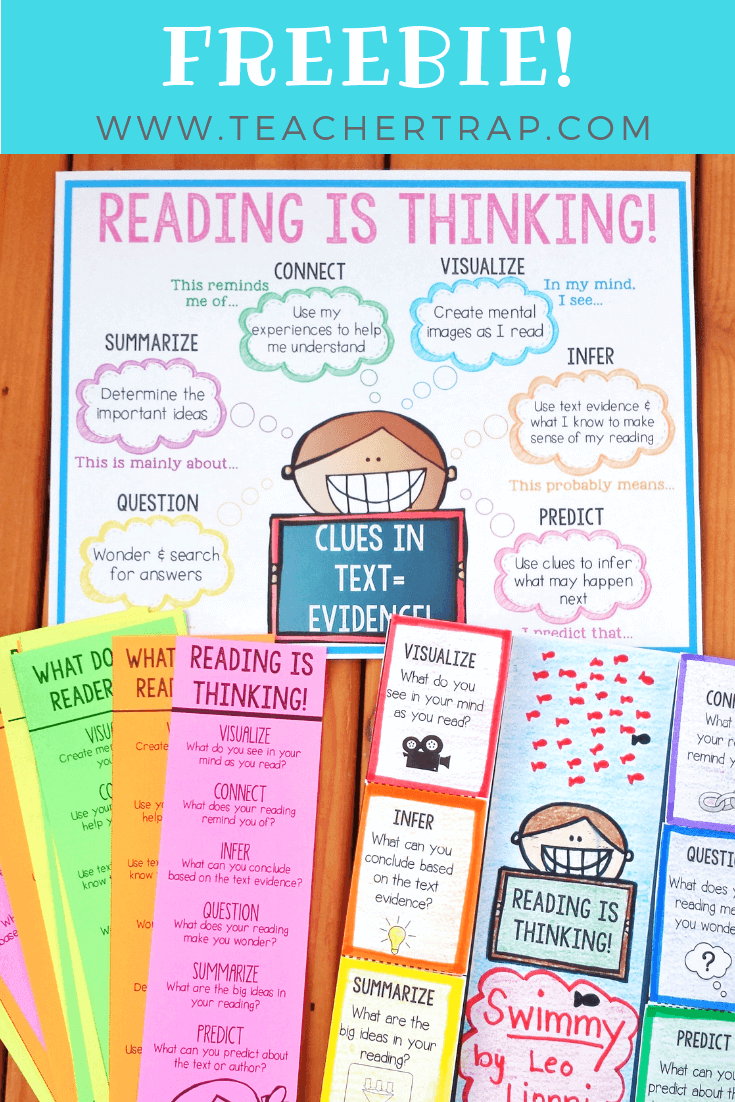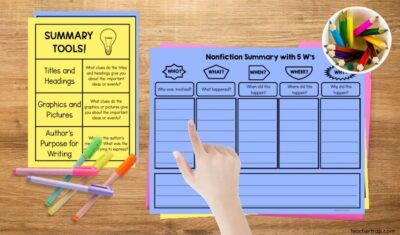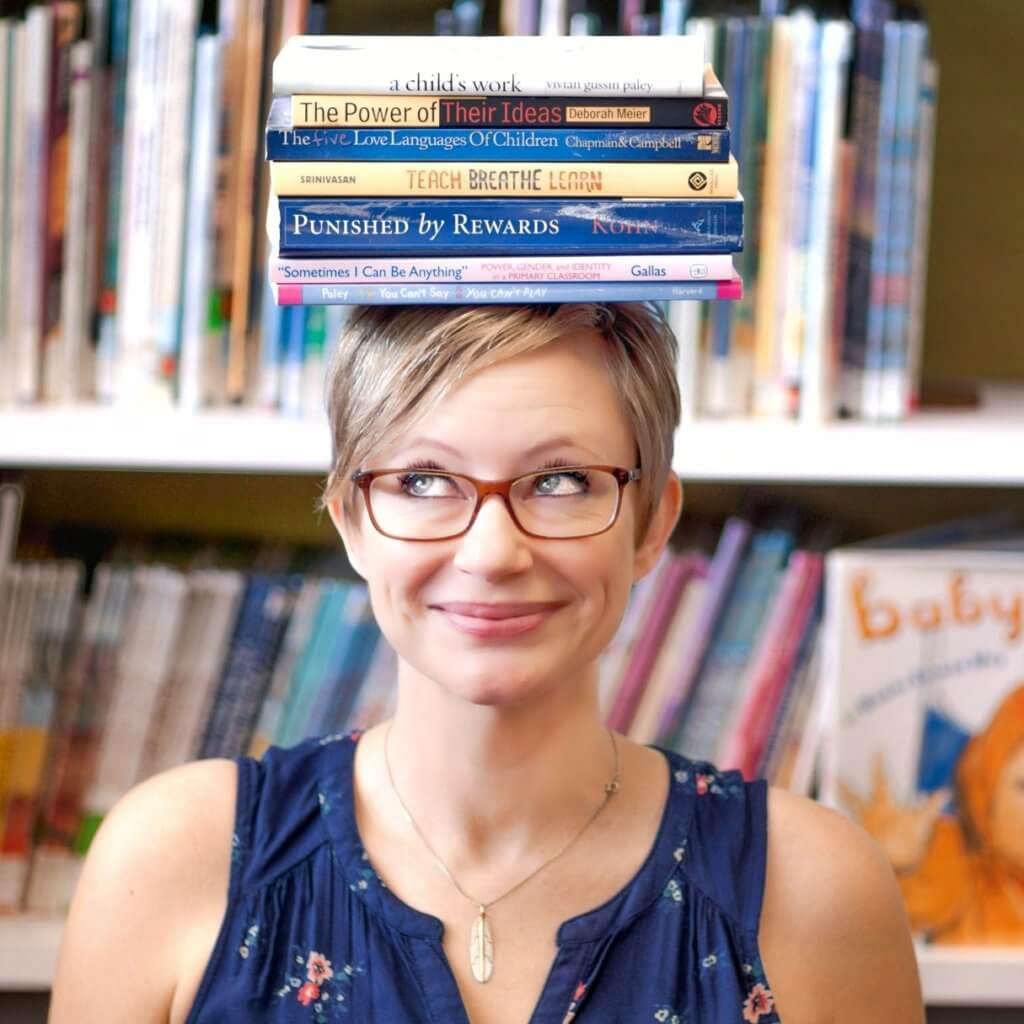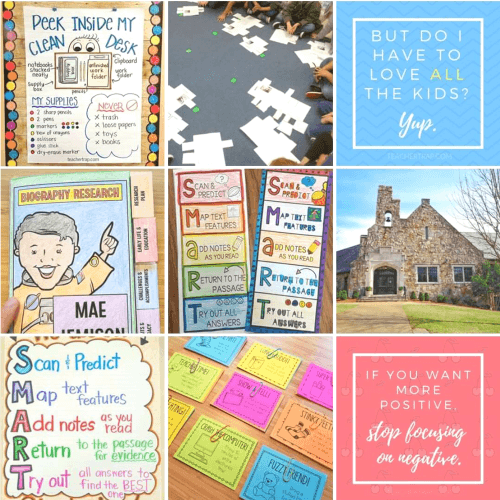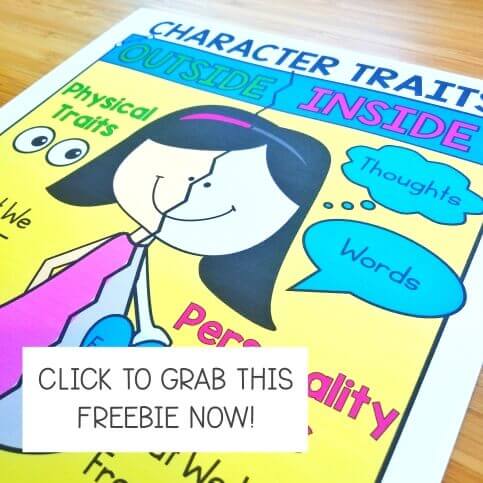I have always been fascinated by the idea of teaching reading. As a child, I don’t remember learning to read, it was just something I knew how to do. It seemed to be a natural progression from listening to bedtime stories and watching the words on the page go by to suddenly knowing the meaning of those groups of letters.

Growing up in the 80’s, I don’t remember reading comprehension skills EVER being taught, or even mentioned. We just read and answered questions and read some more. And when we were able to read and answer the questions on one level, we’d move up to the next.
Reading at school was prescriptive and bland, a necessary task that I’d do to please my teachers and parents. It was at home that I pursued my real interests, got lost in the magic of books, and learned to comprehend beyond all those recall questions. As a teacher, I knew I wanted my students to have what I experienced AT HOME, not at school. I wanted them to become expert readers who read for meaningful purposes, who pursued real interests, and who got lost in the magic of books.
Teaching Reading Comprehension
My first challenge was to make sense of what it means to TEACH reading comprehension. This is where I learned about the power of the think-aloud and the importance of modeling those meta-cognitive strategies.
When I first started teaching these strategies, I’d do it in little mini-units. First, we’d work on connections, then asking questions, then visualizing… But over time, I realized that real readers don’t think that way.
Real readers don’t pick up a book and focus on one type of thinking. Our thoughts move and change with the text. Instead, I began teaching the variety of thoughts we might have, and then focused on how those thoughts might help us understand each individual text.
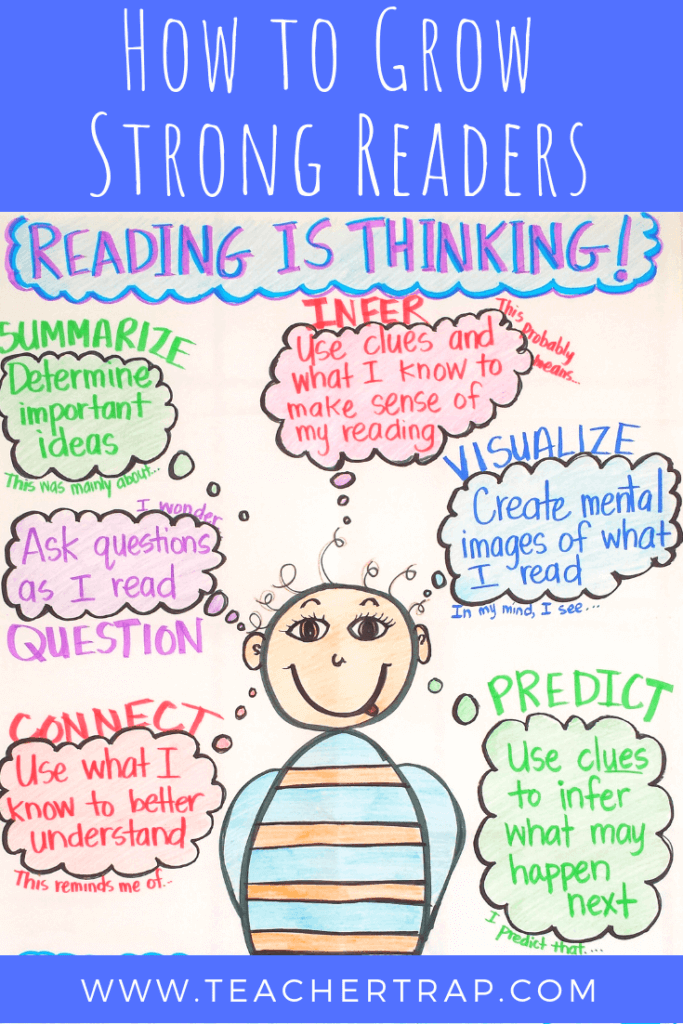
My focus shifted from teaching how to do each type of thinking (visualizing, predicting, inferring) to how that type of thinking might help us make sense of the text.
Real Reading
The next challenge was to get kids talking and thinking about their reading in real contexts. Since I’d just joined my first book club, it made sense to try the same thing with students. Each week, I’d make time for small groups to choose their book, read, and then discuss their reading.
Book Clubs quickly became an important part of reading in our classroom. I’ve used Book Clubs with kinder through 5th, and always seen amazing engagement and huge growth in reading comprehension.
For help launching Book Clubs in your classroom today, check out my Book Clubs Made Easy Pack!
Meaningful Purposes
While I was working with small groups, I wanted the rest of my students to pursue their own interests and interact with texts in meaningful ways. No busy work or boring skill practice! This goal brought about my READ Rotations framework for organizing the reading block.
With READ Rotations, students spend time talking about their reading, reading independently, writing or responding to reading, and listening to reading. The goal is to keep students engaged with real texts in real ways, while the teacher meets with groups.
Inspiration for Teachers
If you’re looking for professional inspiration, these are my go-to books for teaching reading comprehension. I’ve got more favorites, but these 5 are the heart and soul of my reading practice! (Affiliate Links)
Ready-to-go Teacher Resources
I’ve created a handy FREEBIE for you that includes color and b/w versions of the Reading is Thinking chart, printable bookmarks, and a student fold-up that can be used with ANY text!
What tips can you share for teaching reading comprehension? What books helped you refine your practice?

